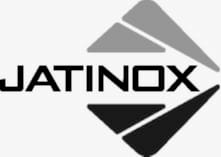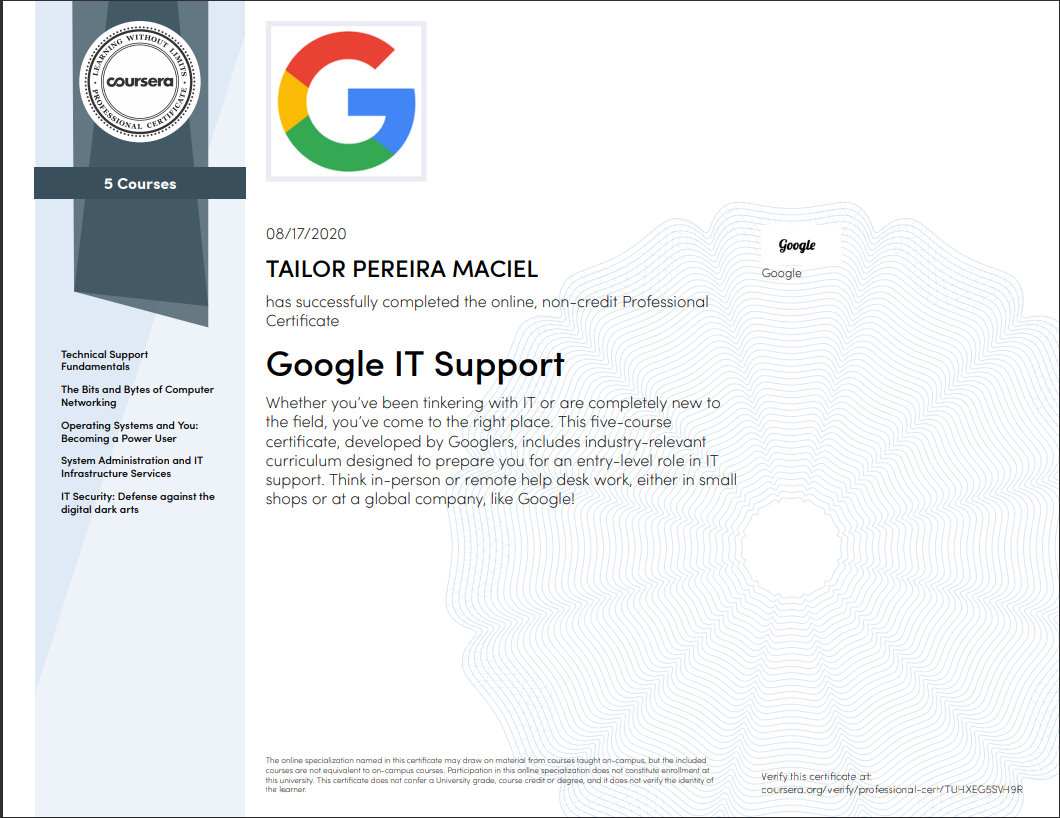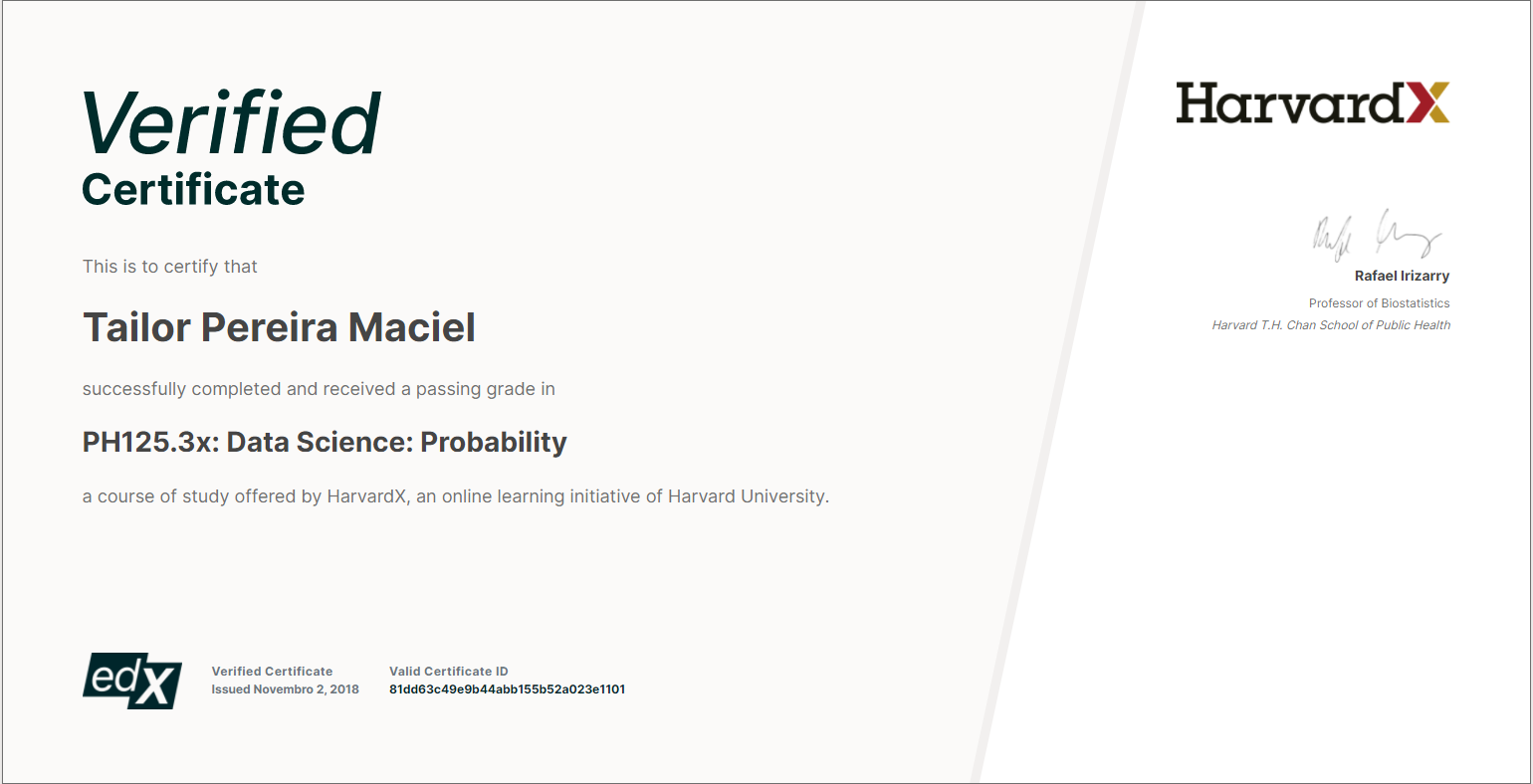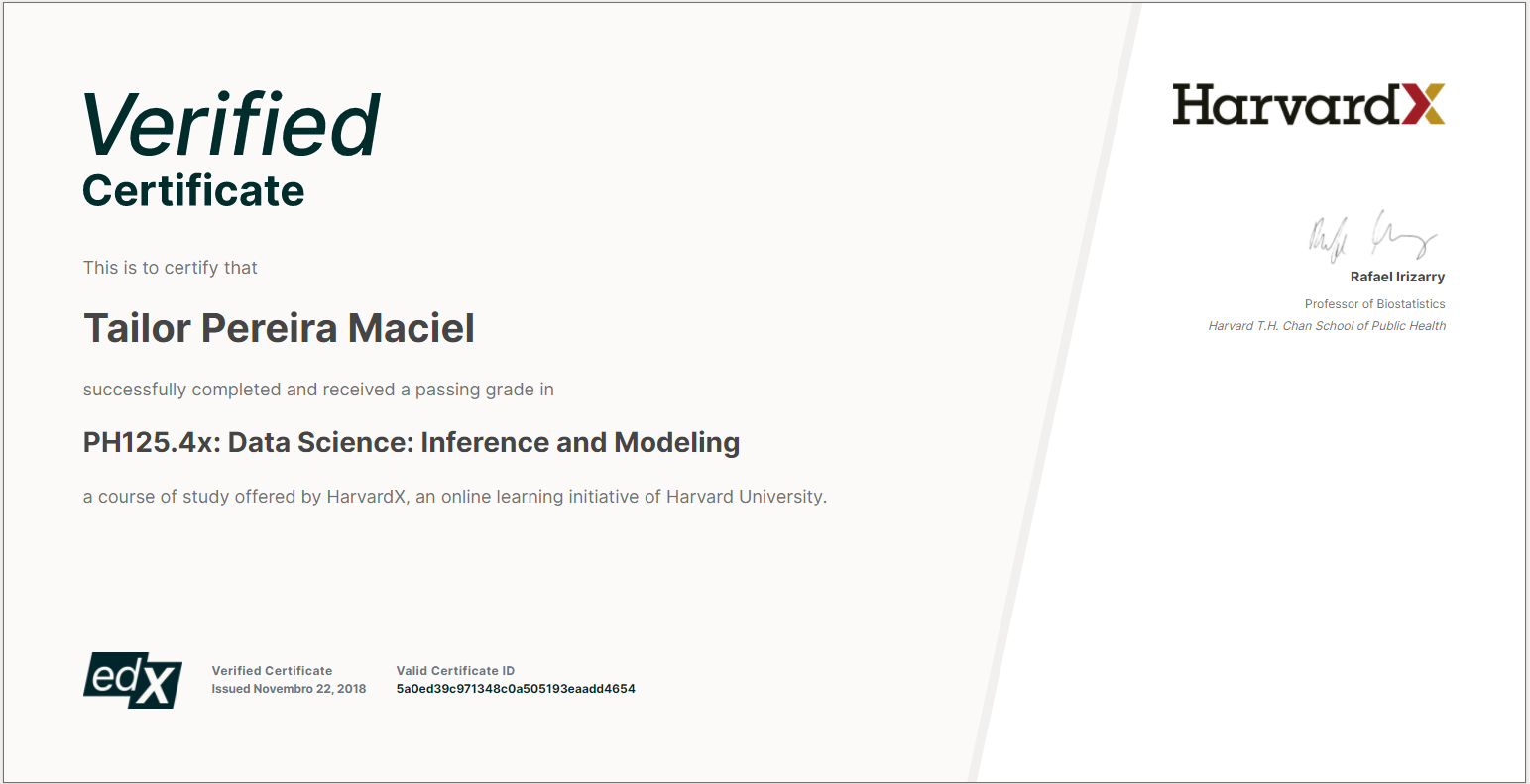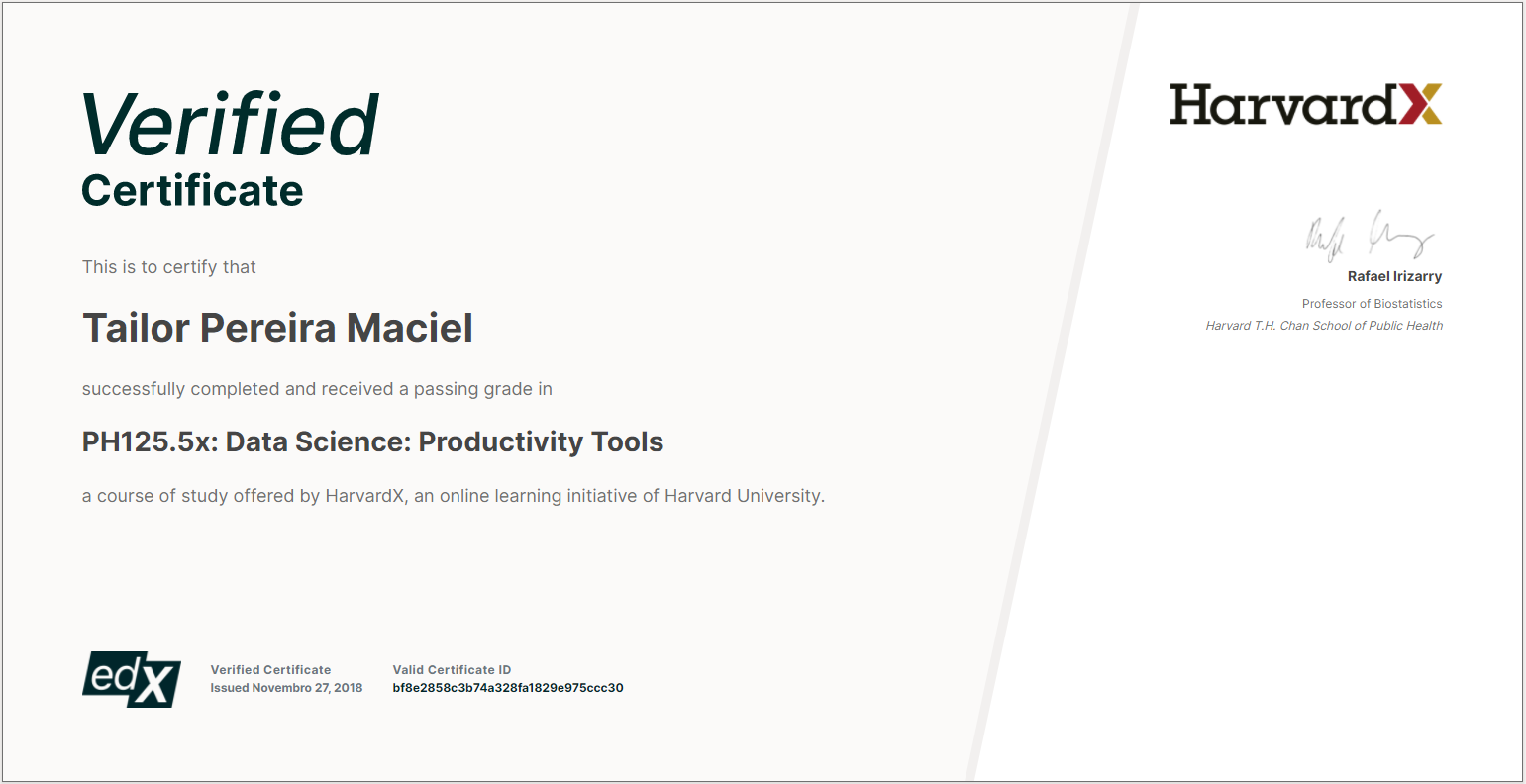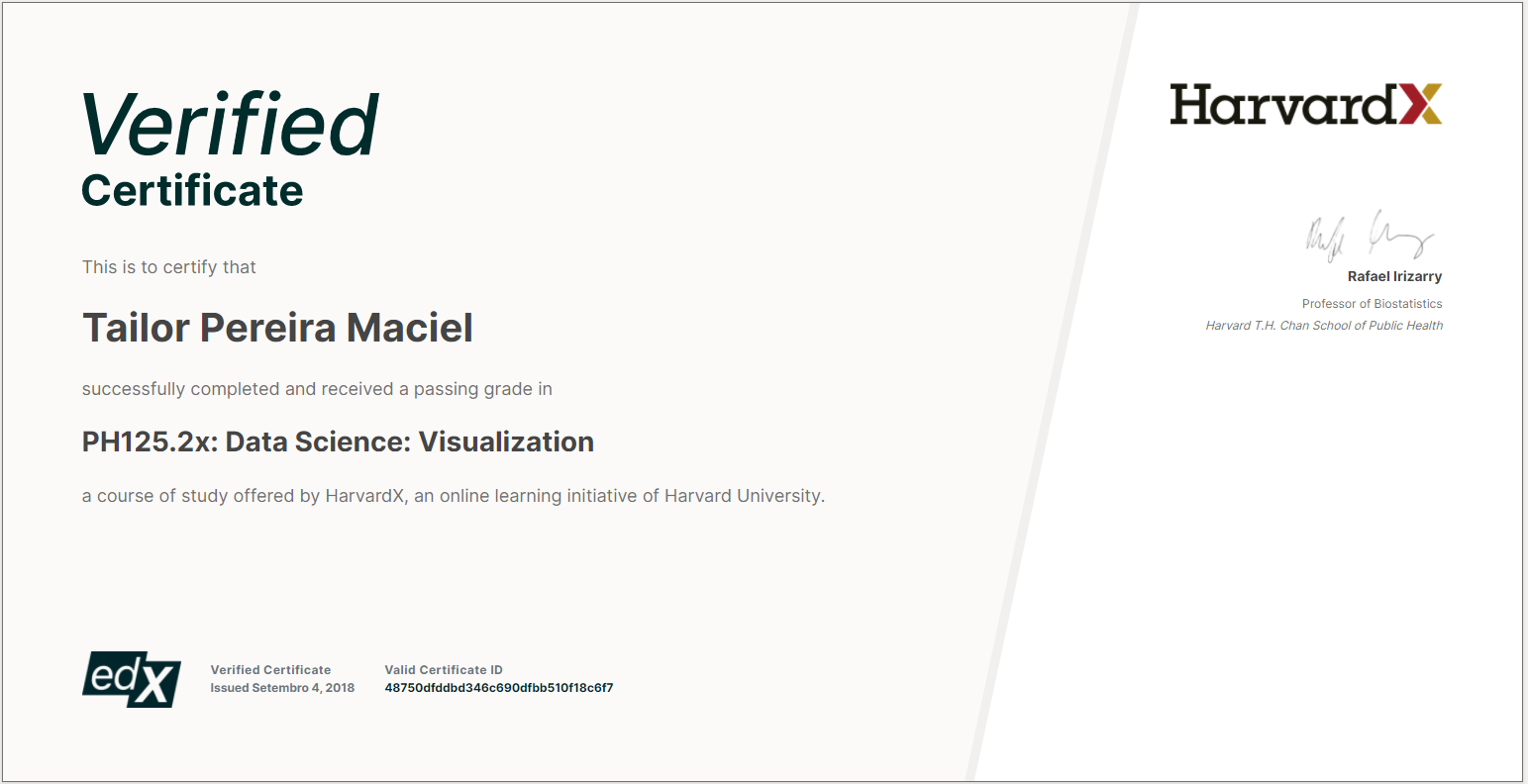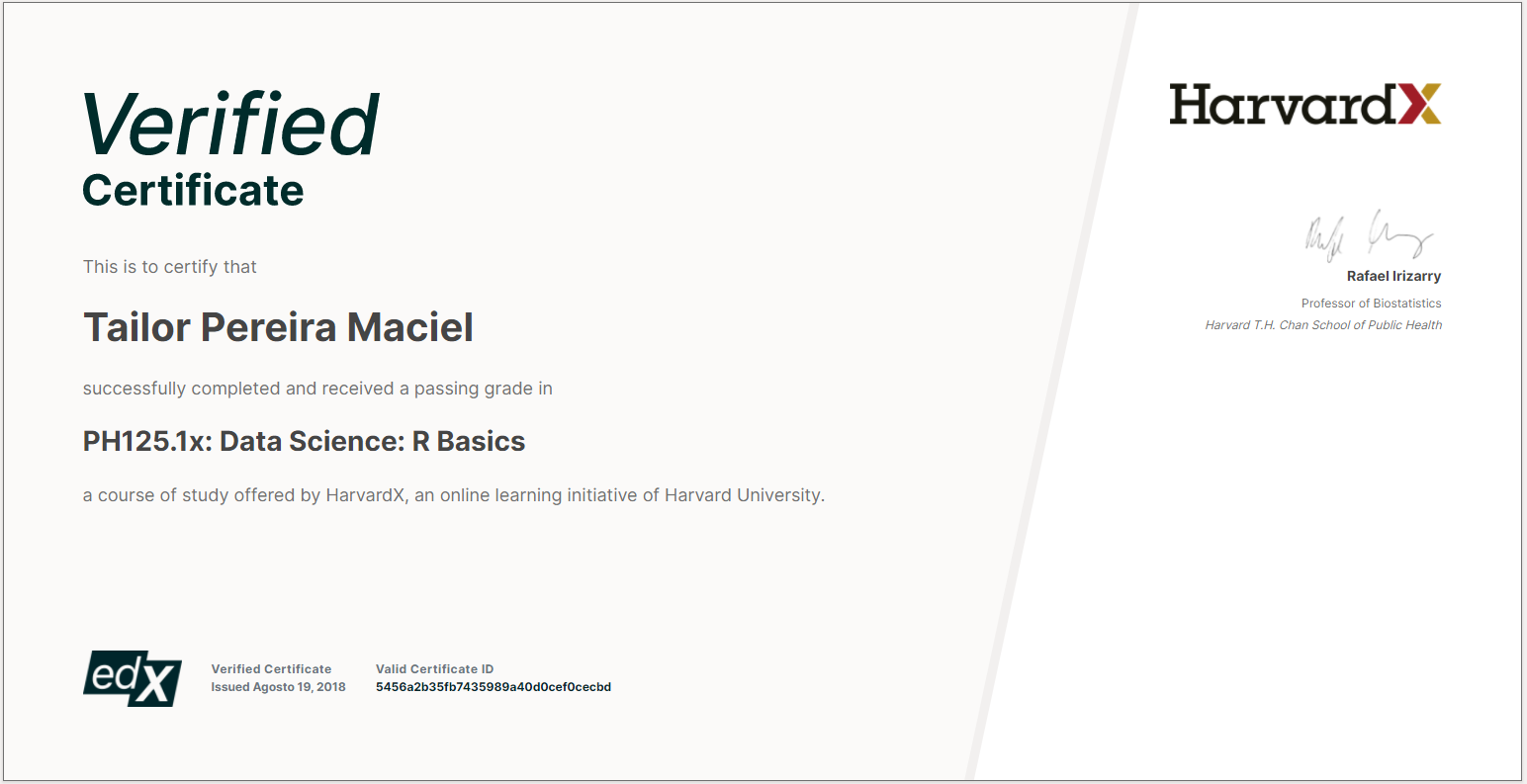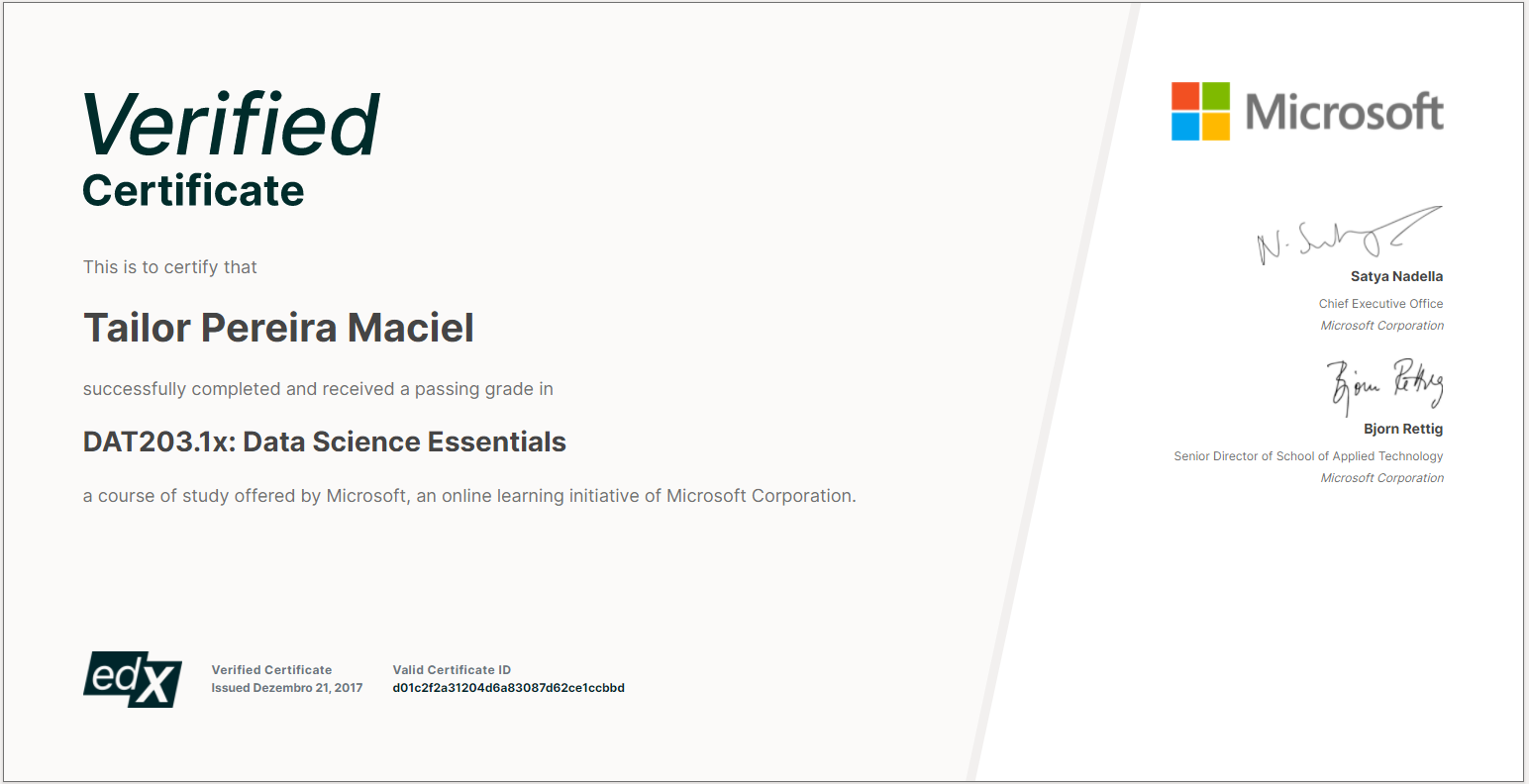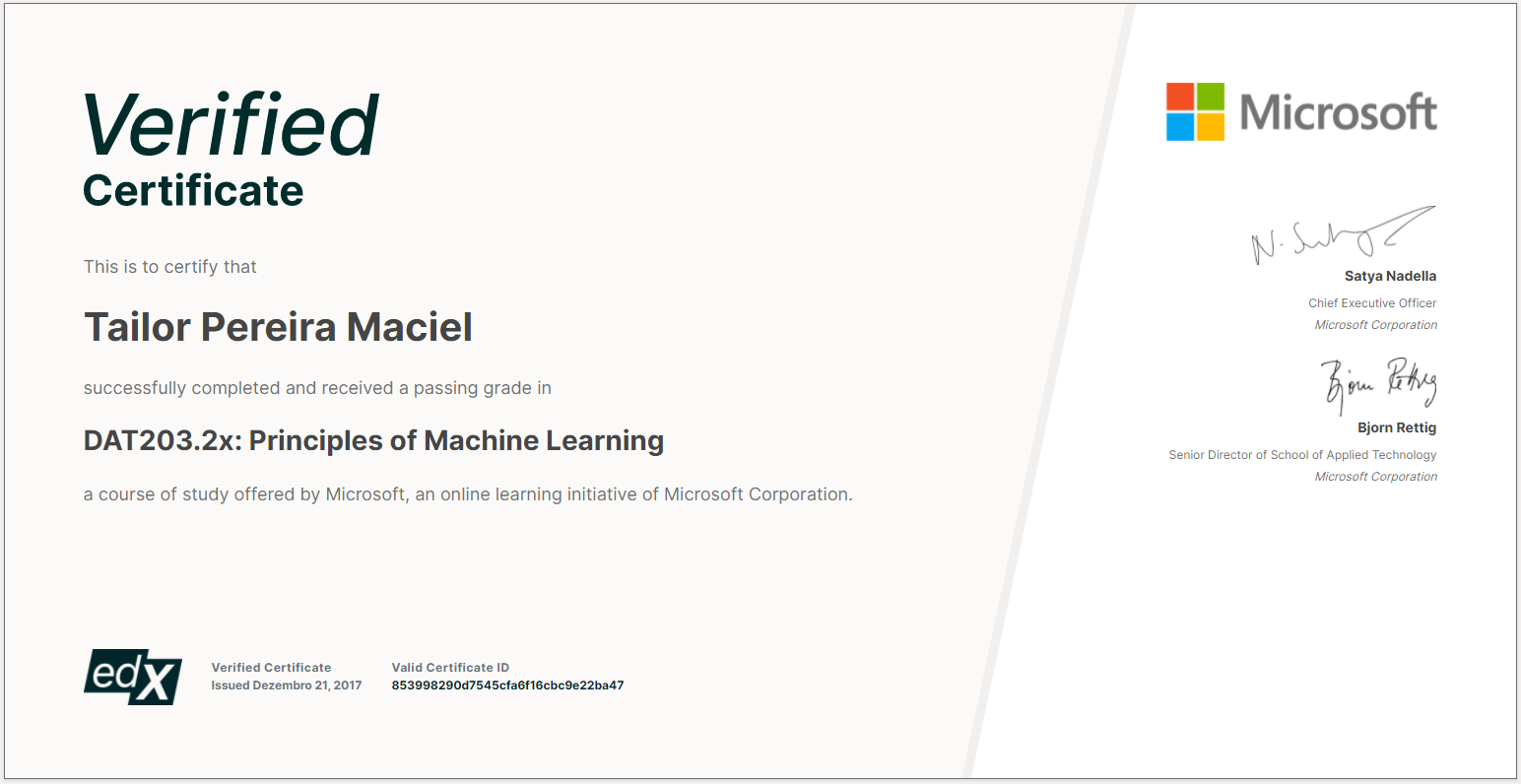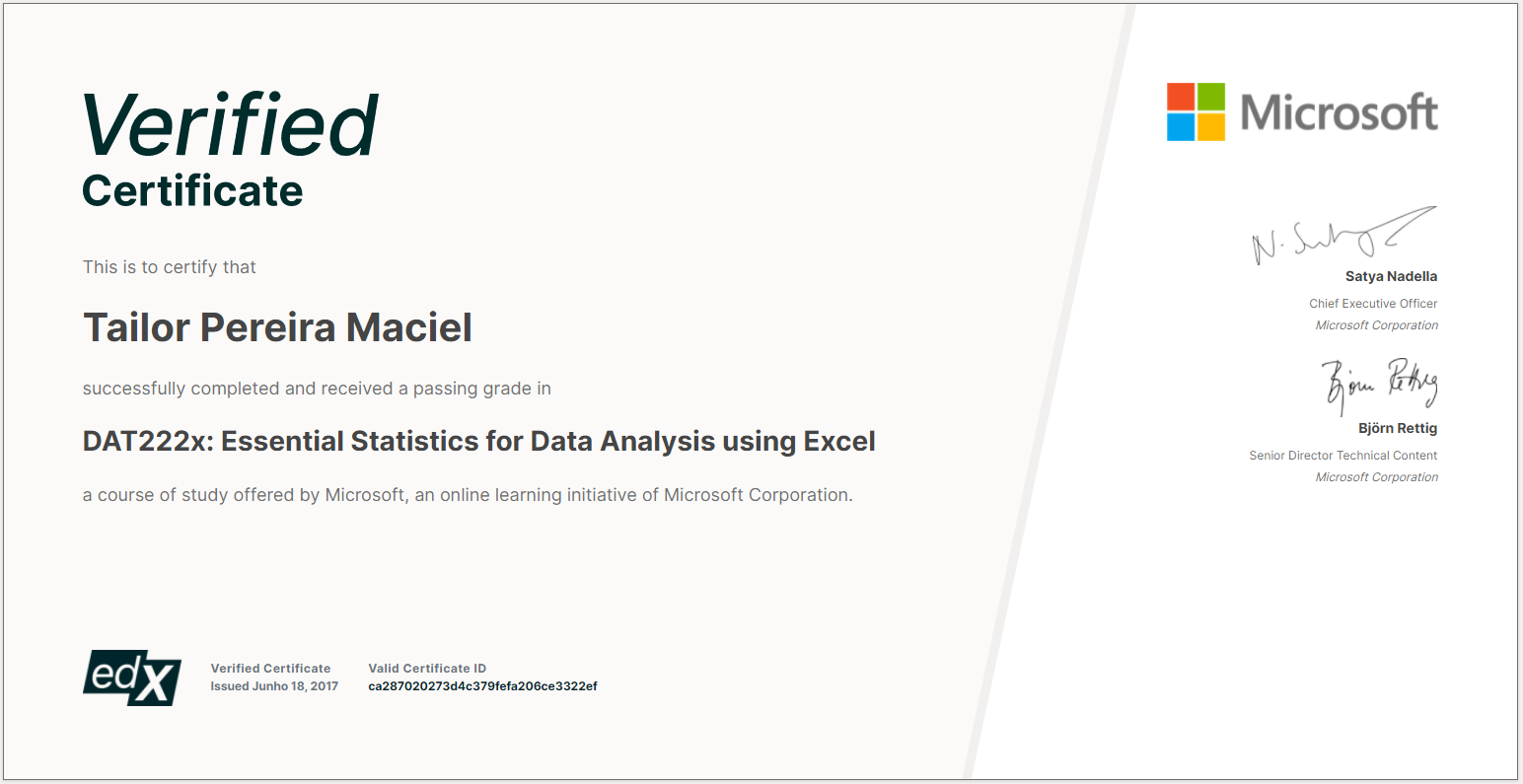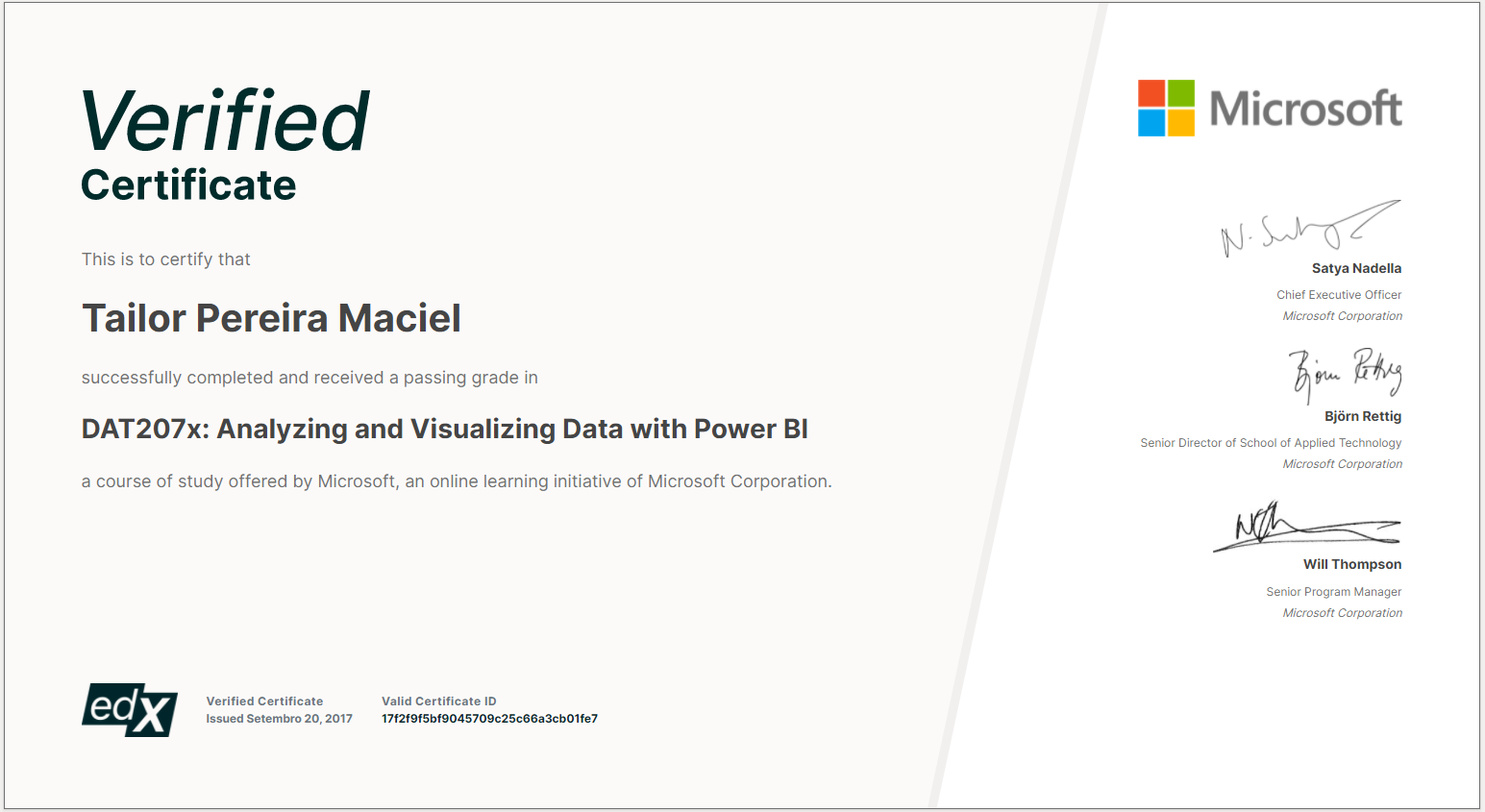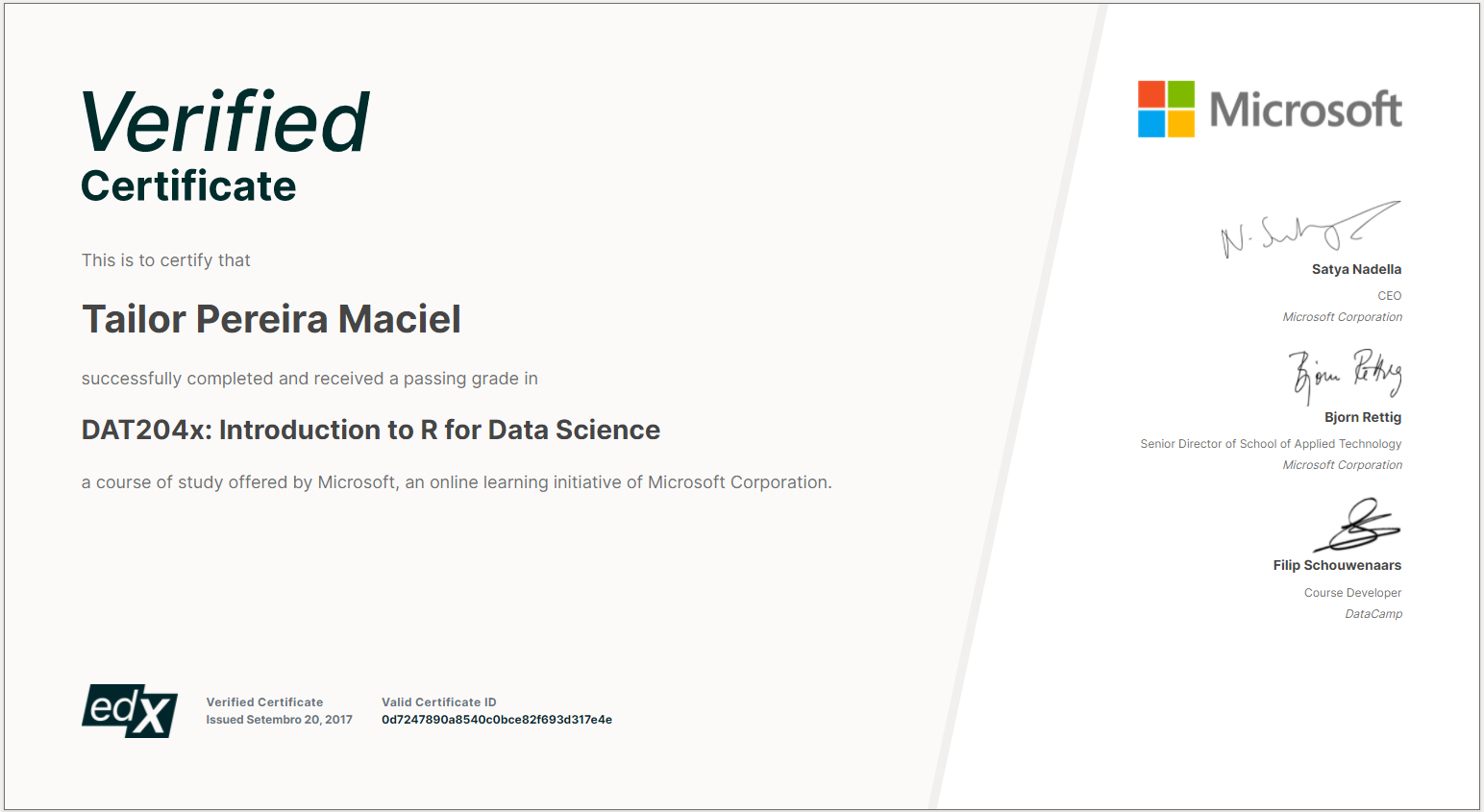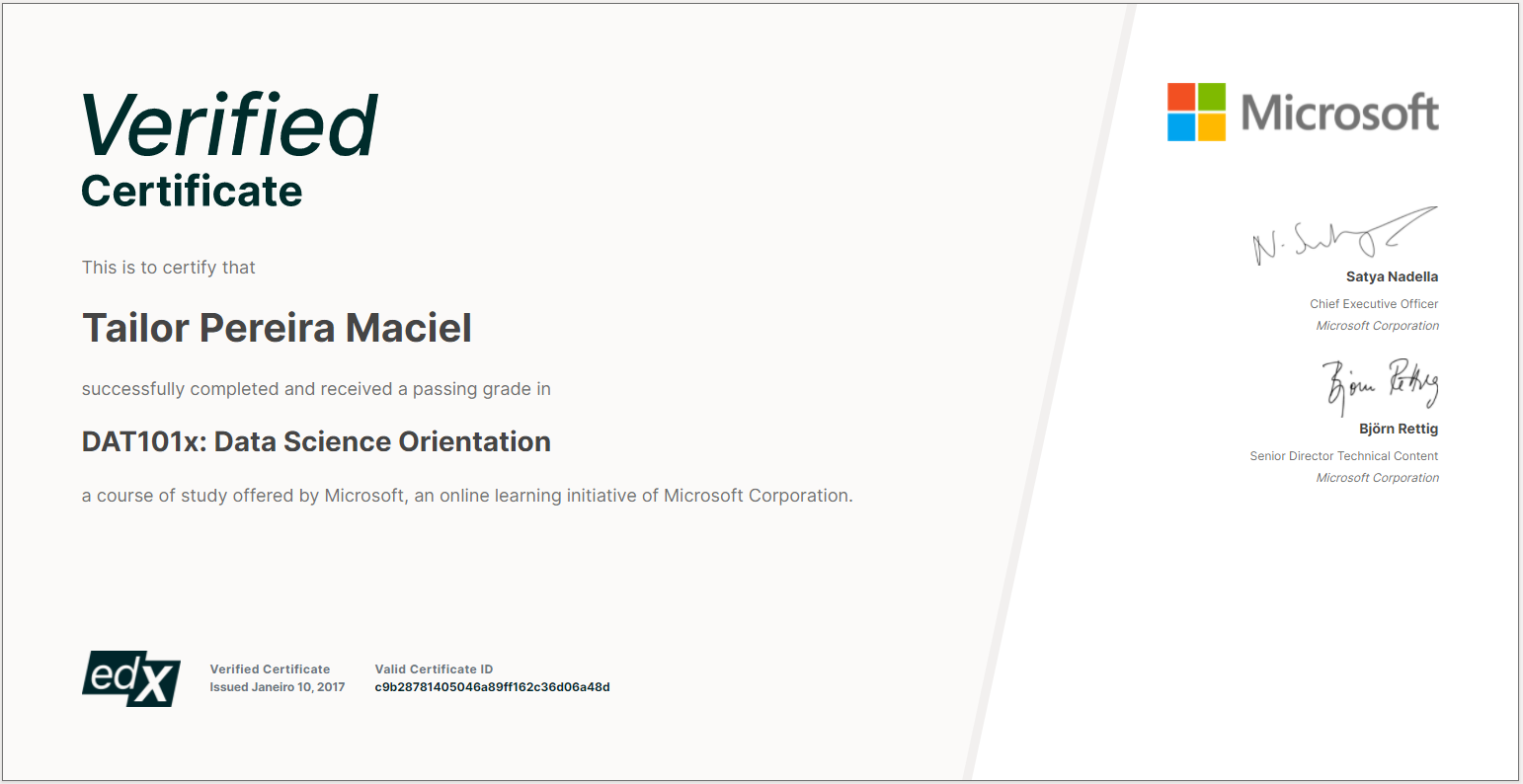My Career Path
I began my professional journey at the age of fourteen as a salesman. This early experience helped me develop strong communication skills and, more importantly, taught me the value of listening—especially to those with more experience. It made me realize that good advice can help us avoid many unproductive paths.
Over time, I learned that the most sustainable results—and the strongest relationships—come from embracing a win-win mindset.
In 2016, after earning a degree in Management Processes (Tecnólogo em Processos Gerenciais), I decided to pursue Data Science, inspired by the profound changes taking place in the job market and in how businesses operate.
Since then, I have earned certifications from Google, HarvardX, and Microsoft in areas such as IT, data analysis, and machine learning. These experiences made it clear that to truly apply this knowledge effectively, I needed a deeper foundation—leading me to immerse myself in Computer Science.
My goal is to simplify business processes, making them more agile and less bureaucratic, so that people can focus their time and energy on what is truly meaningful and productive.


